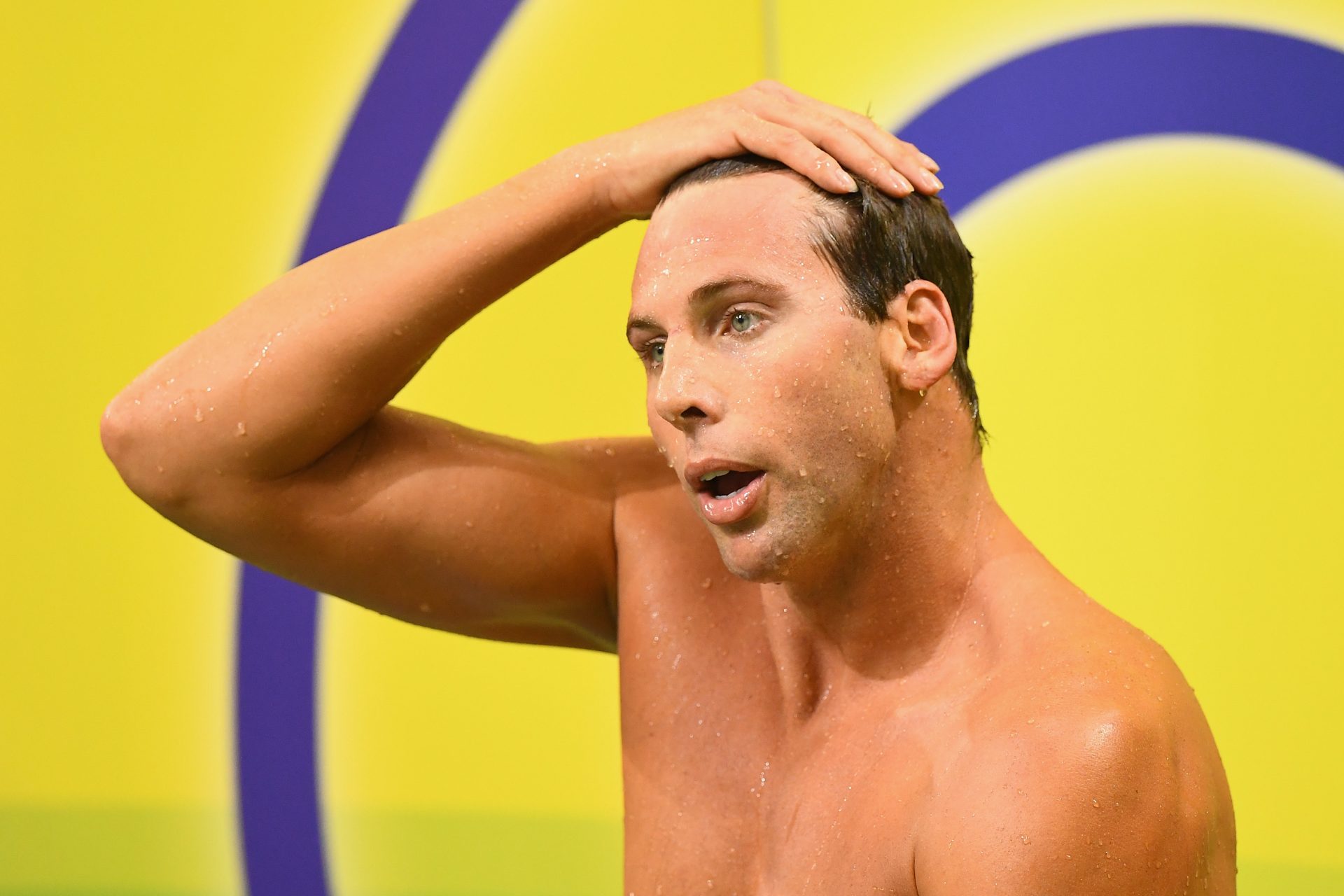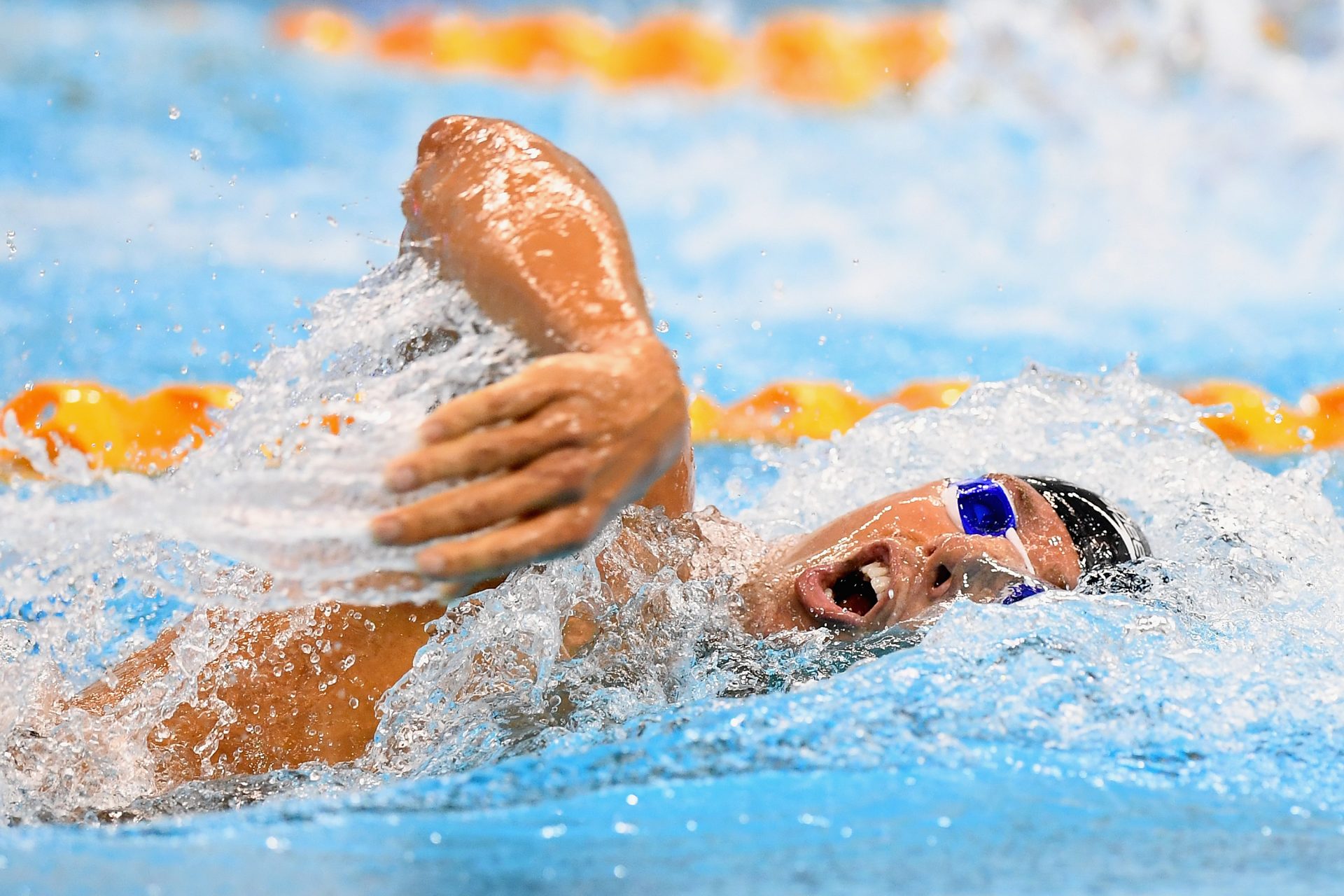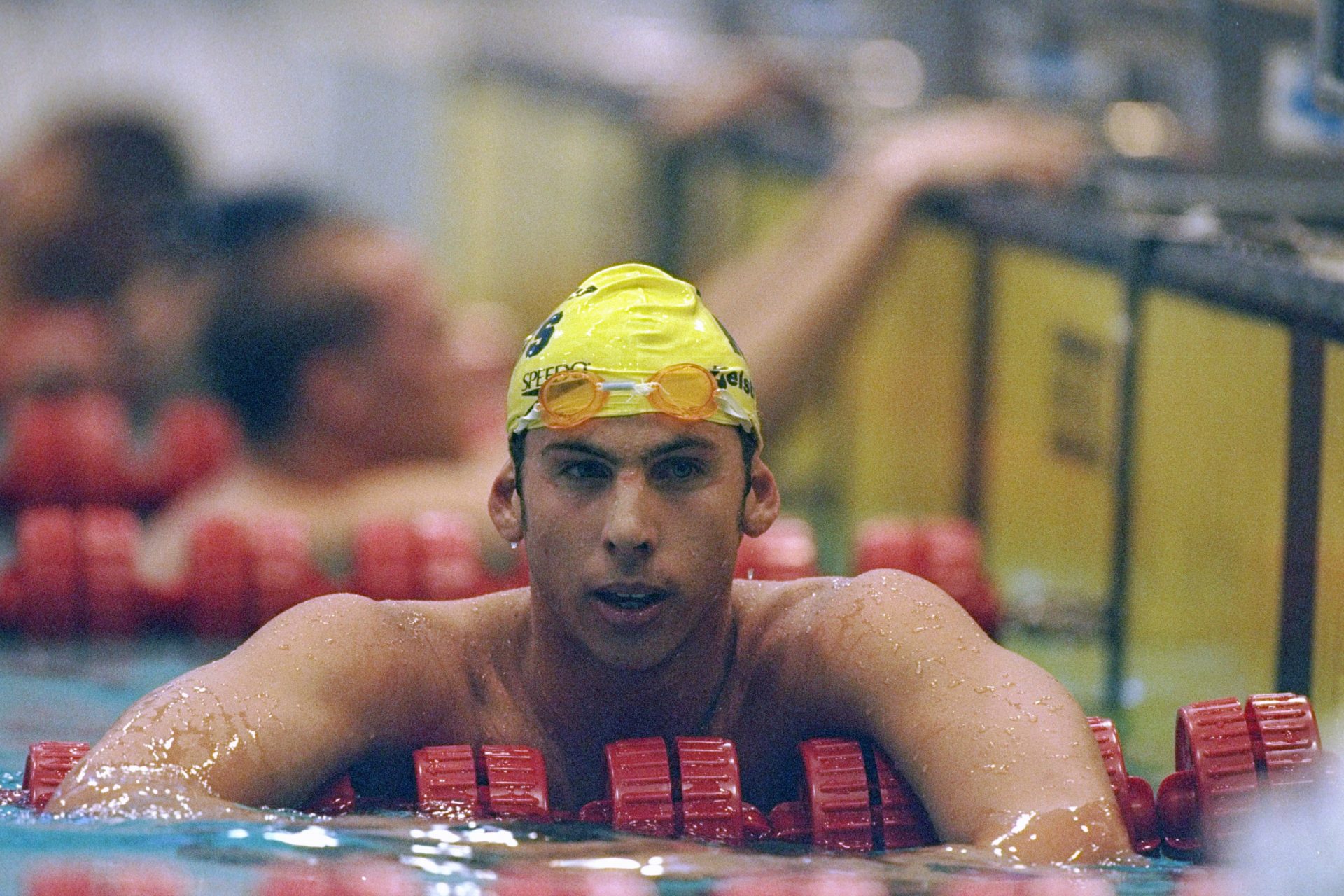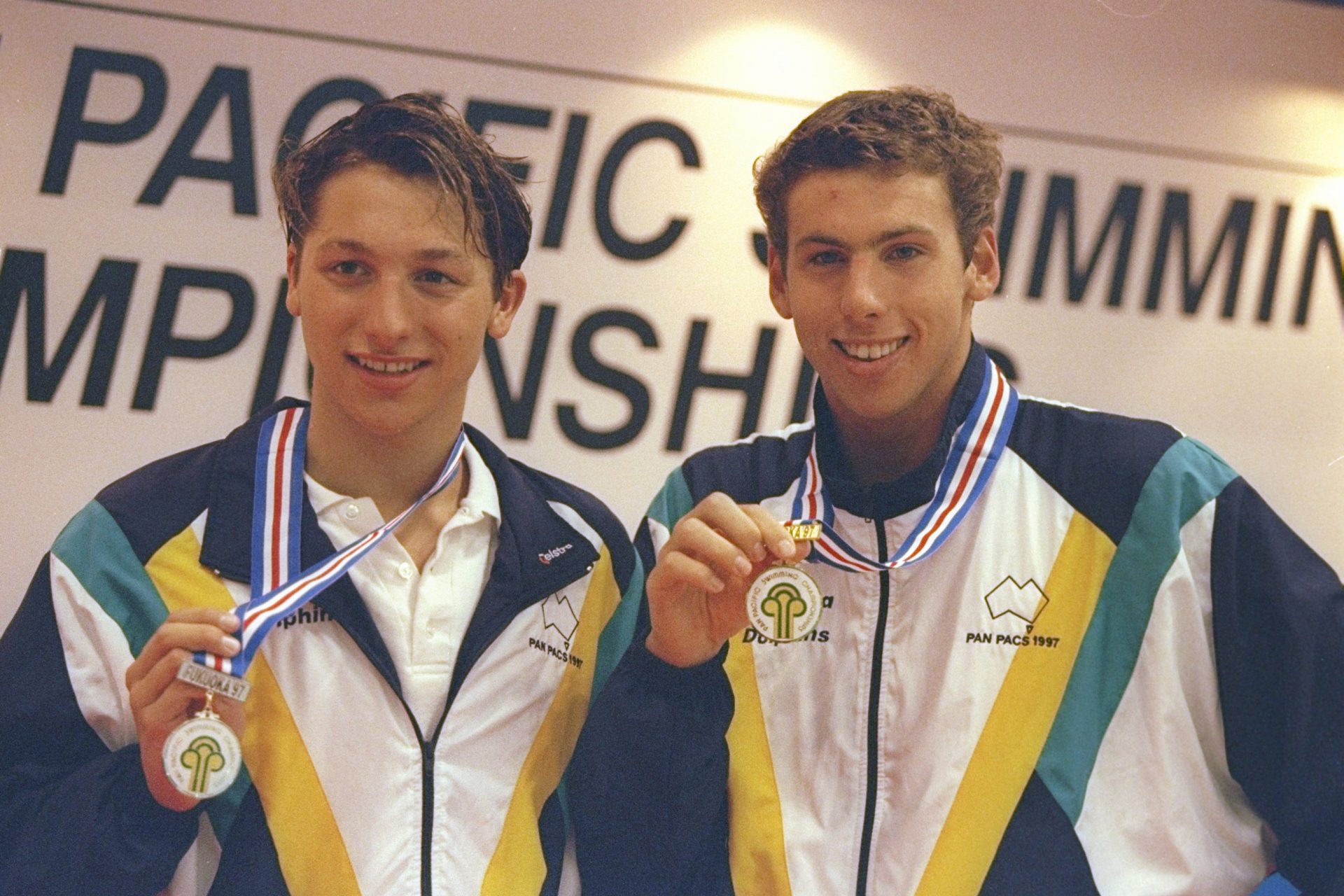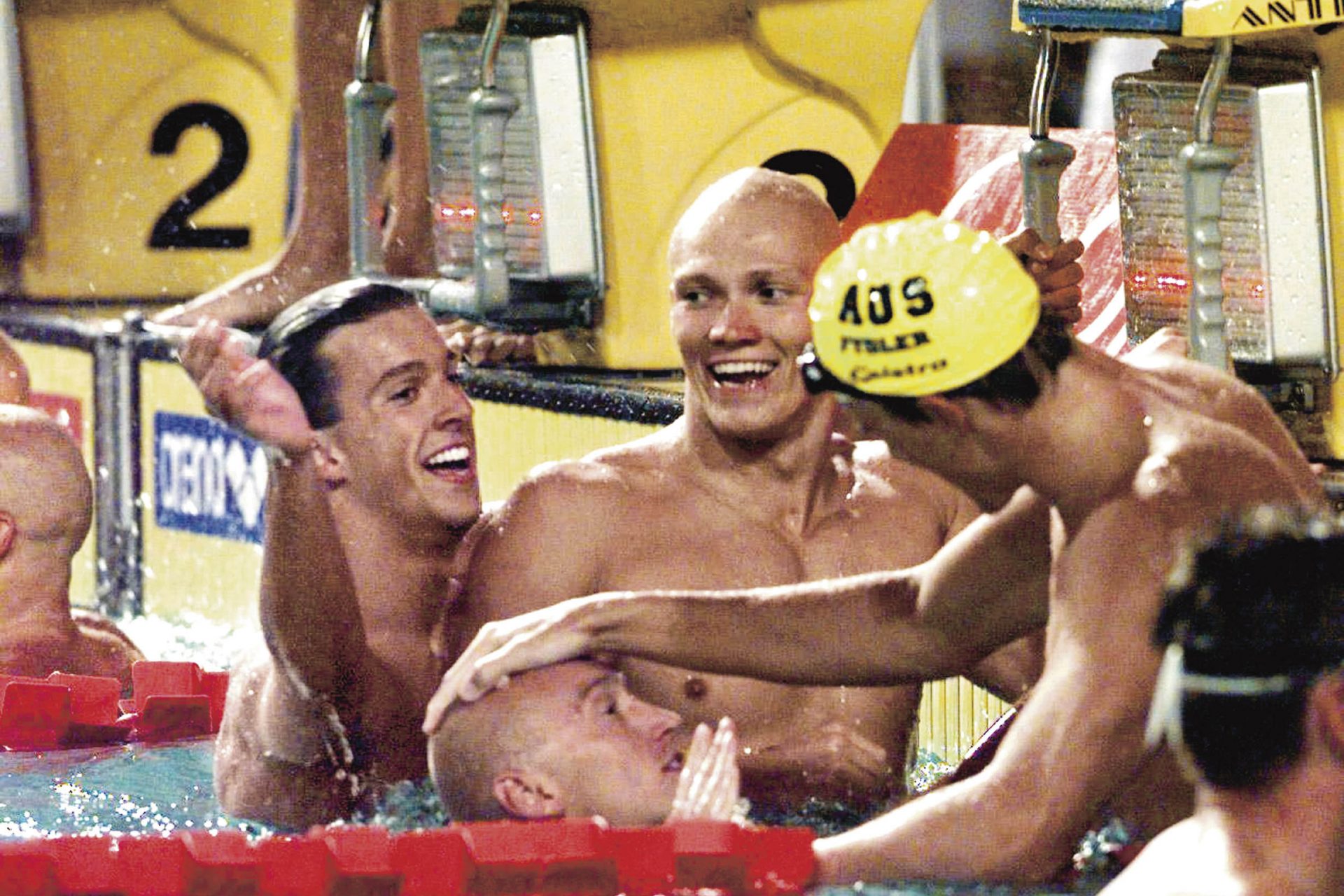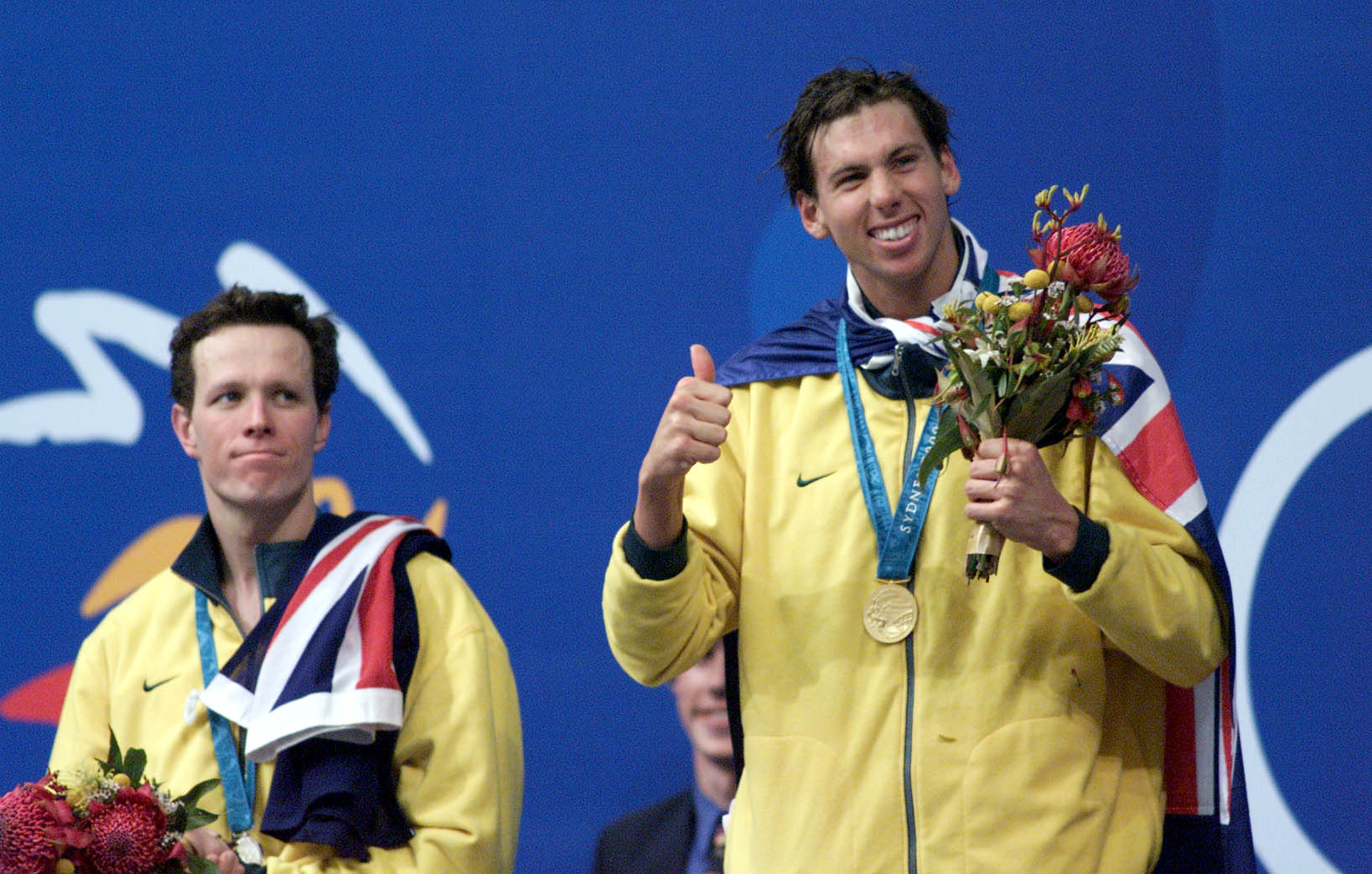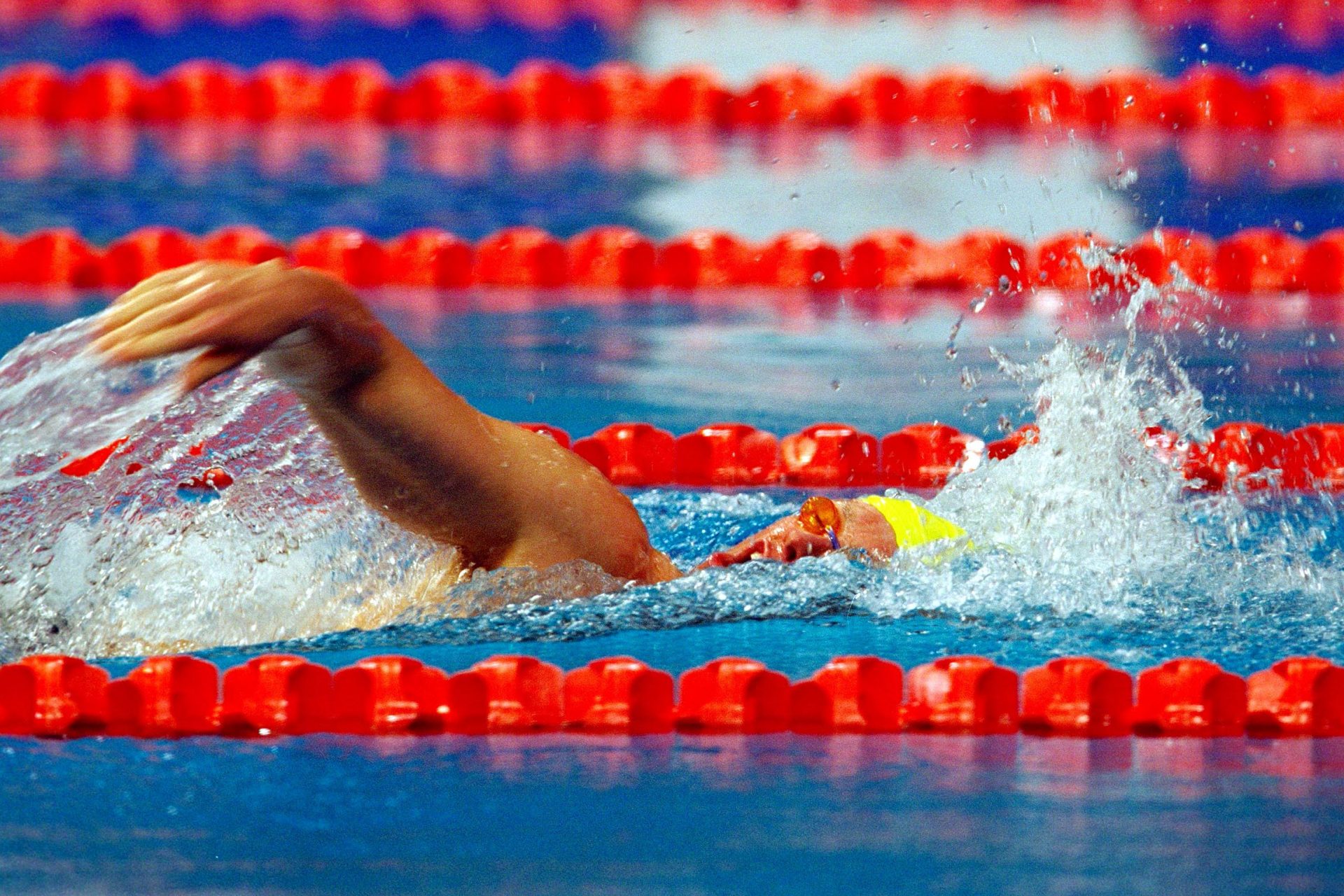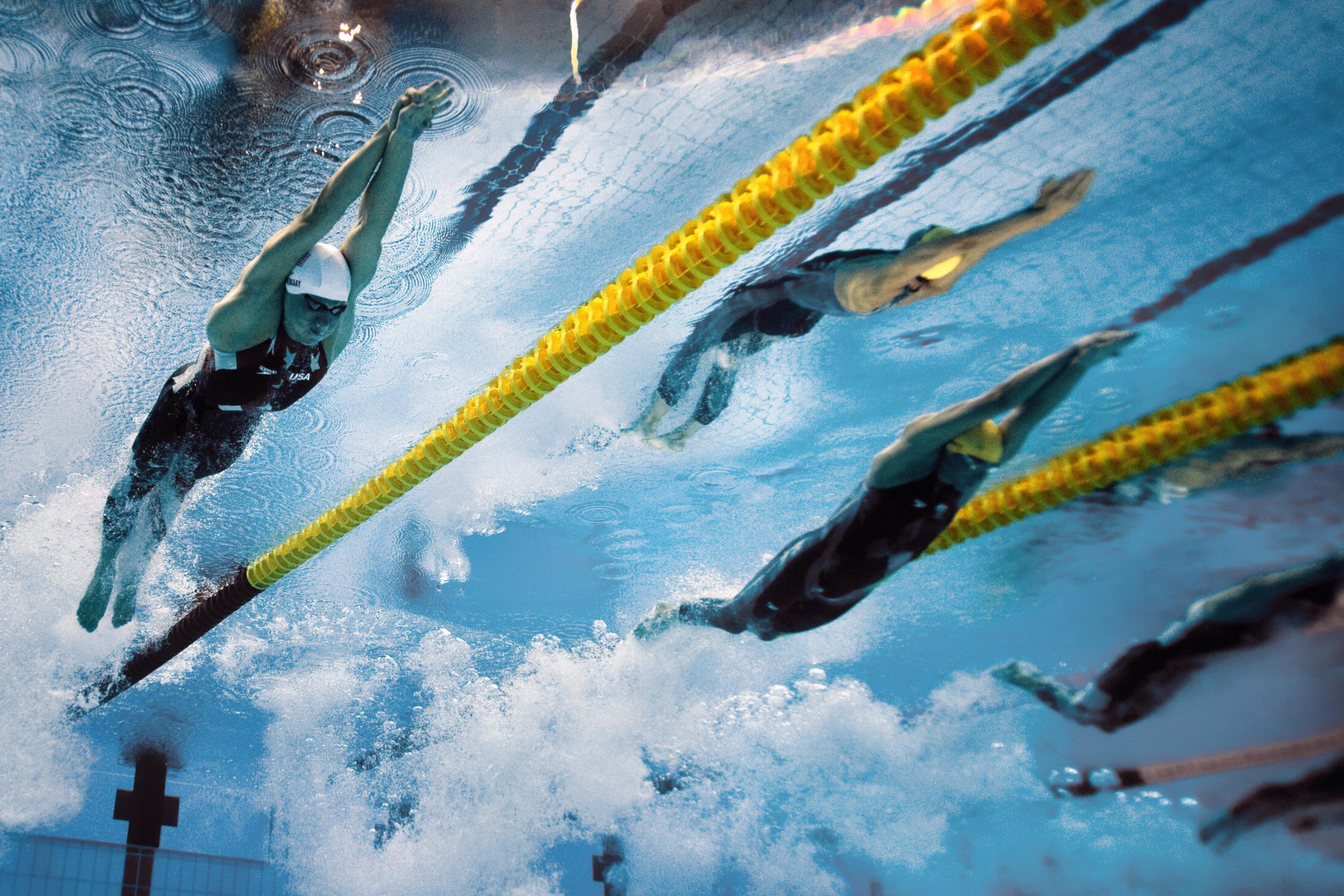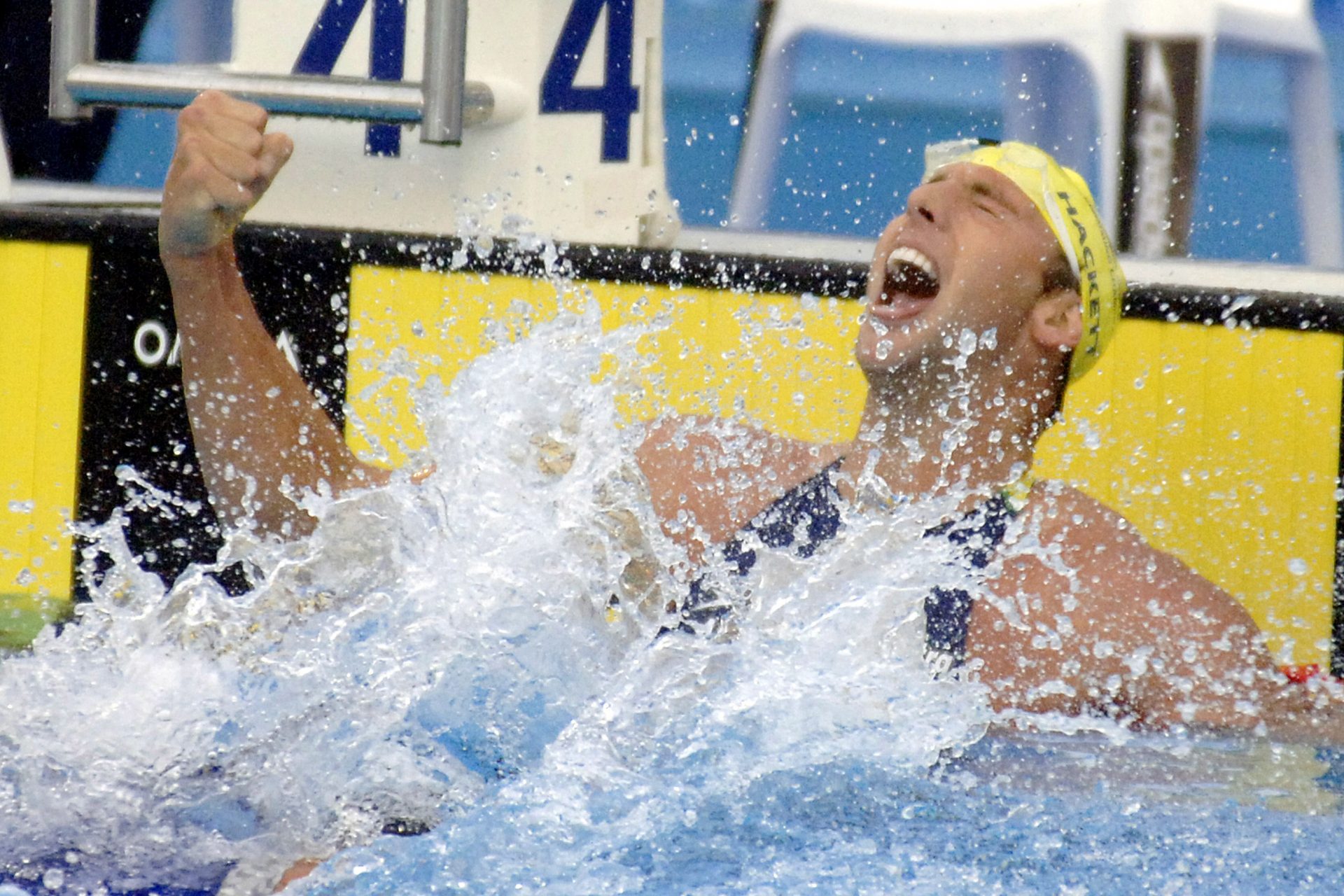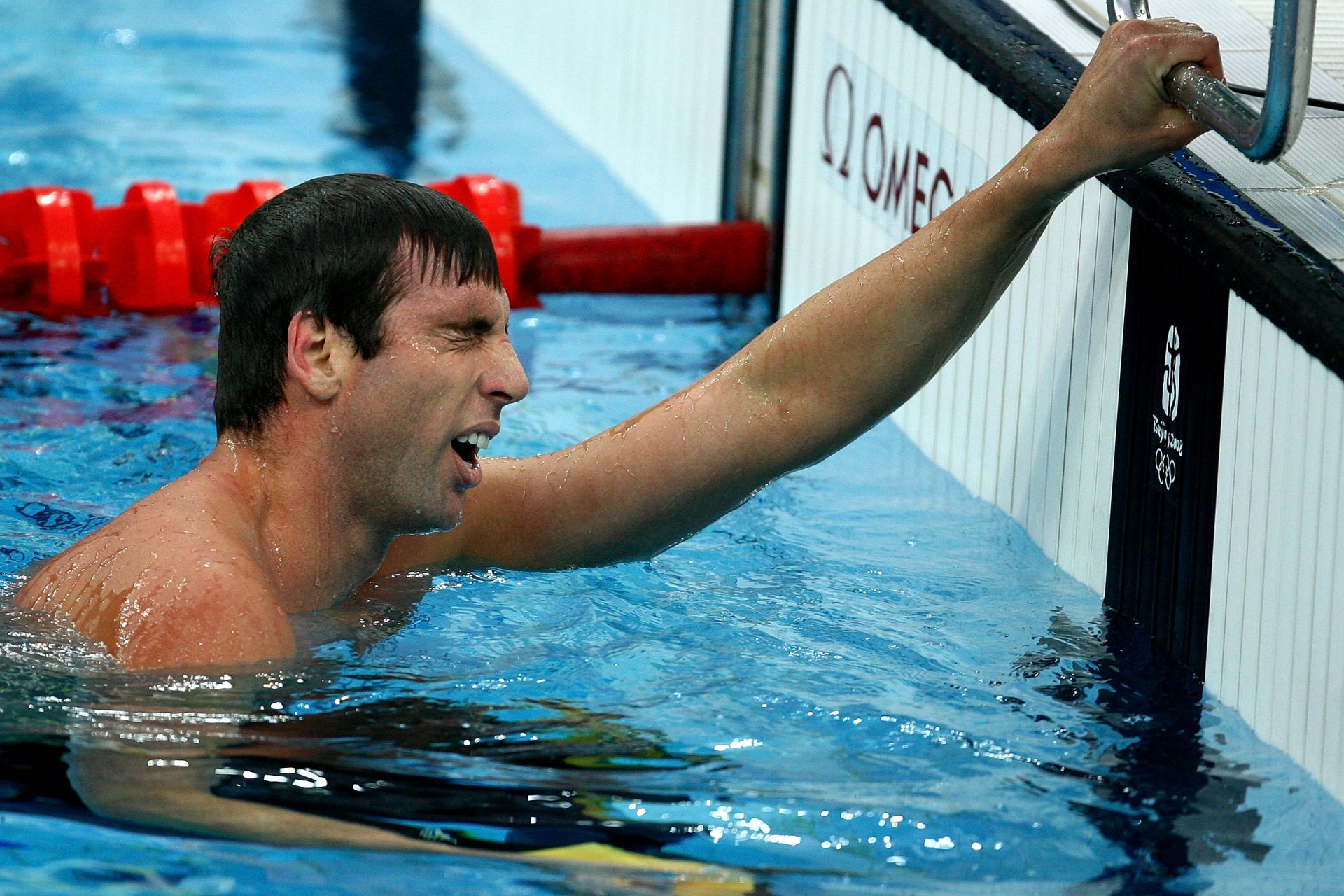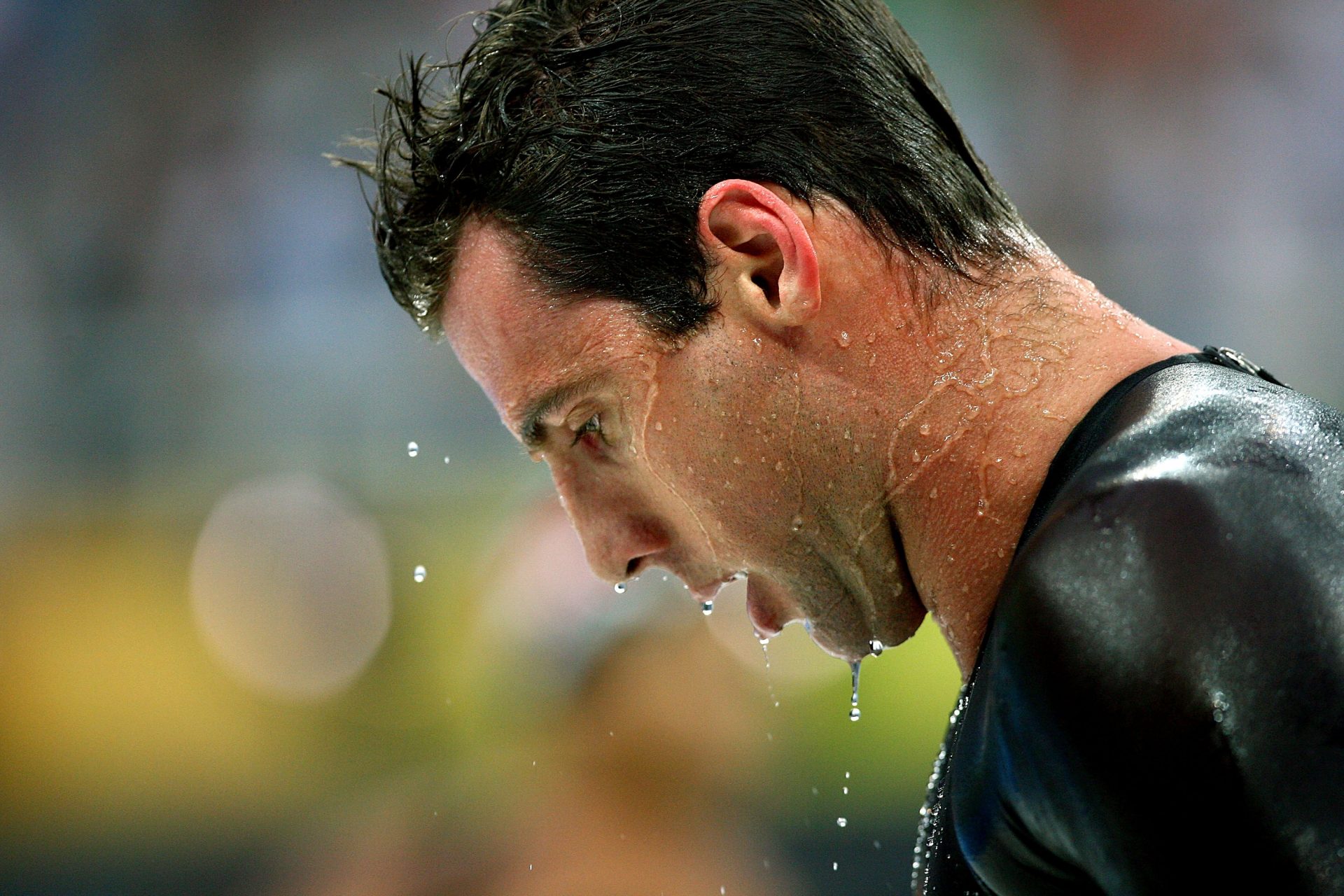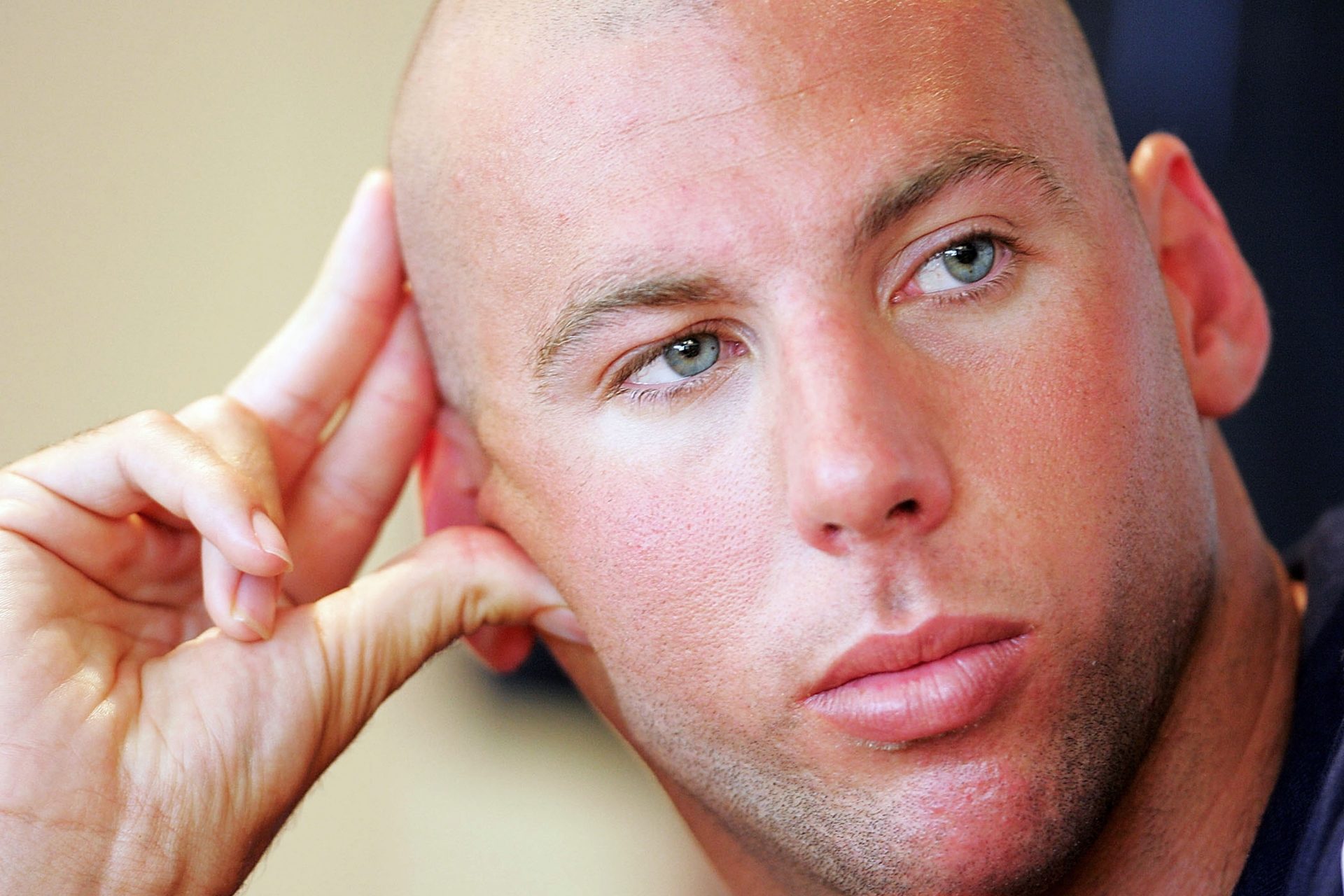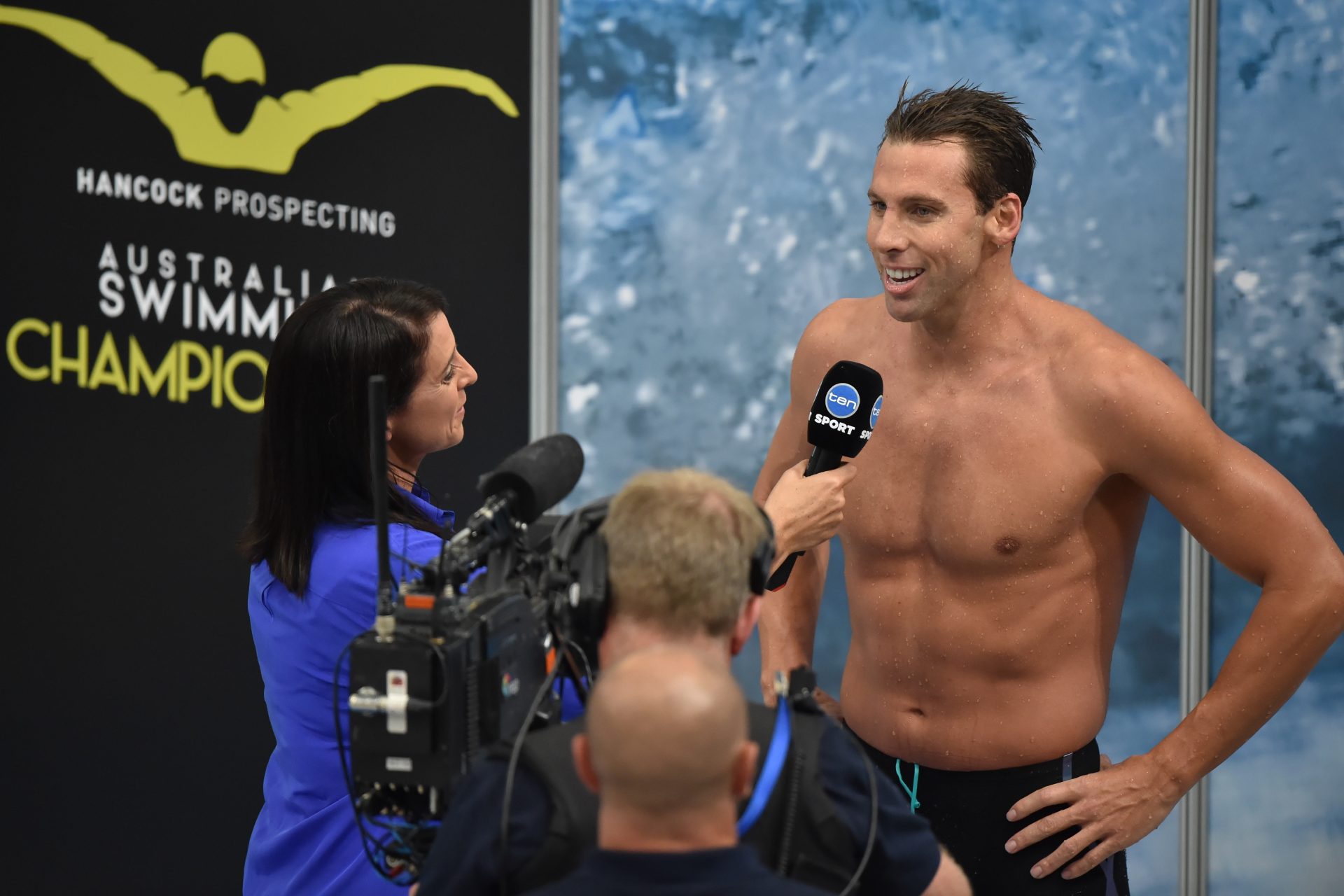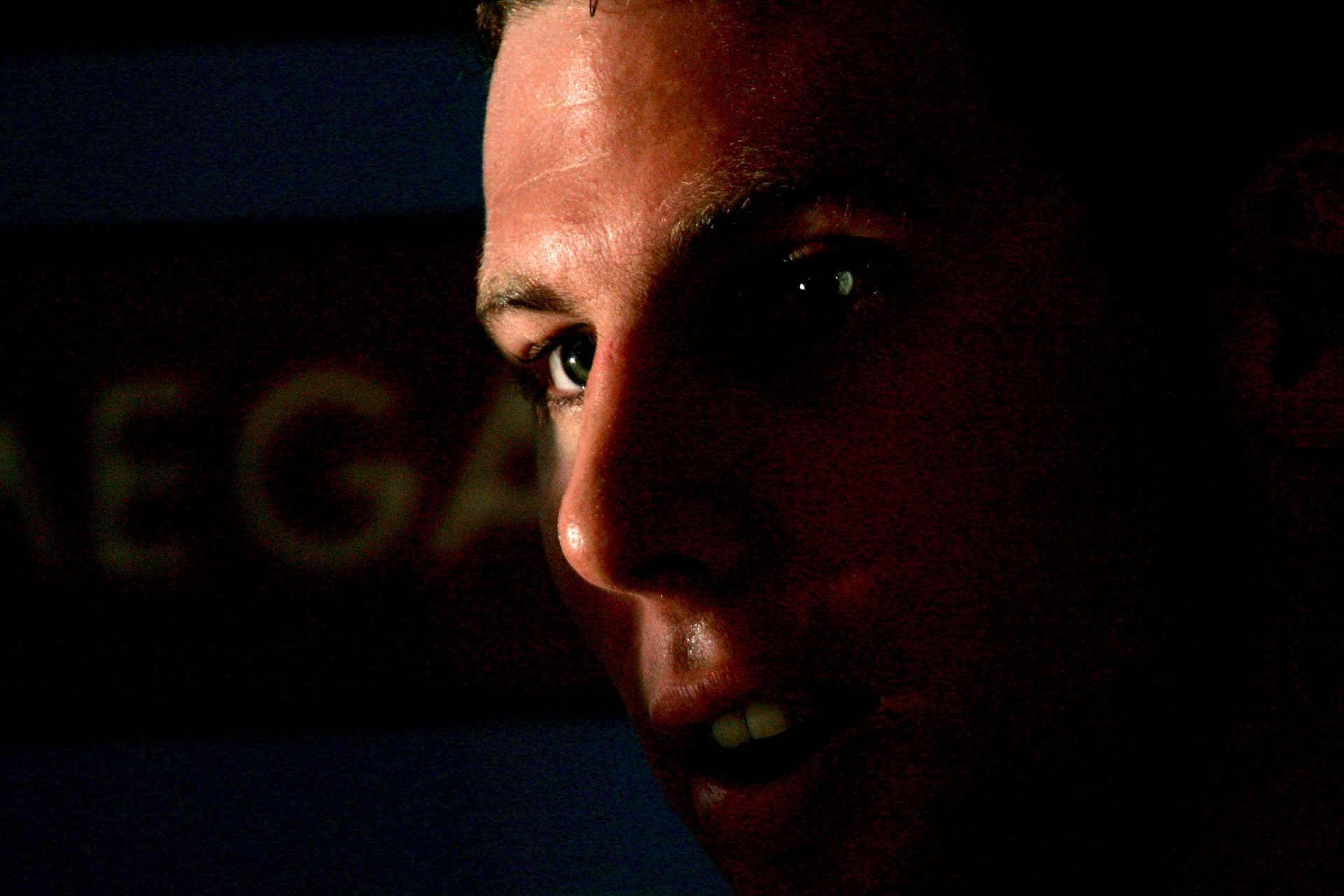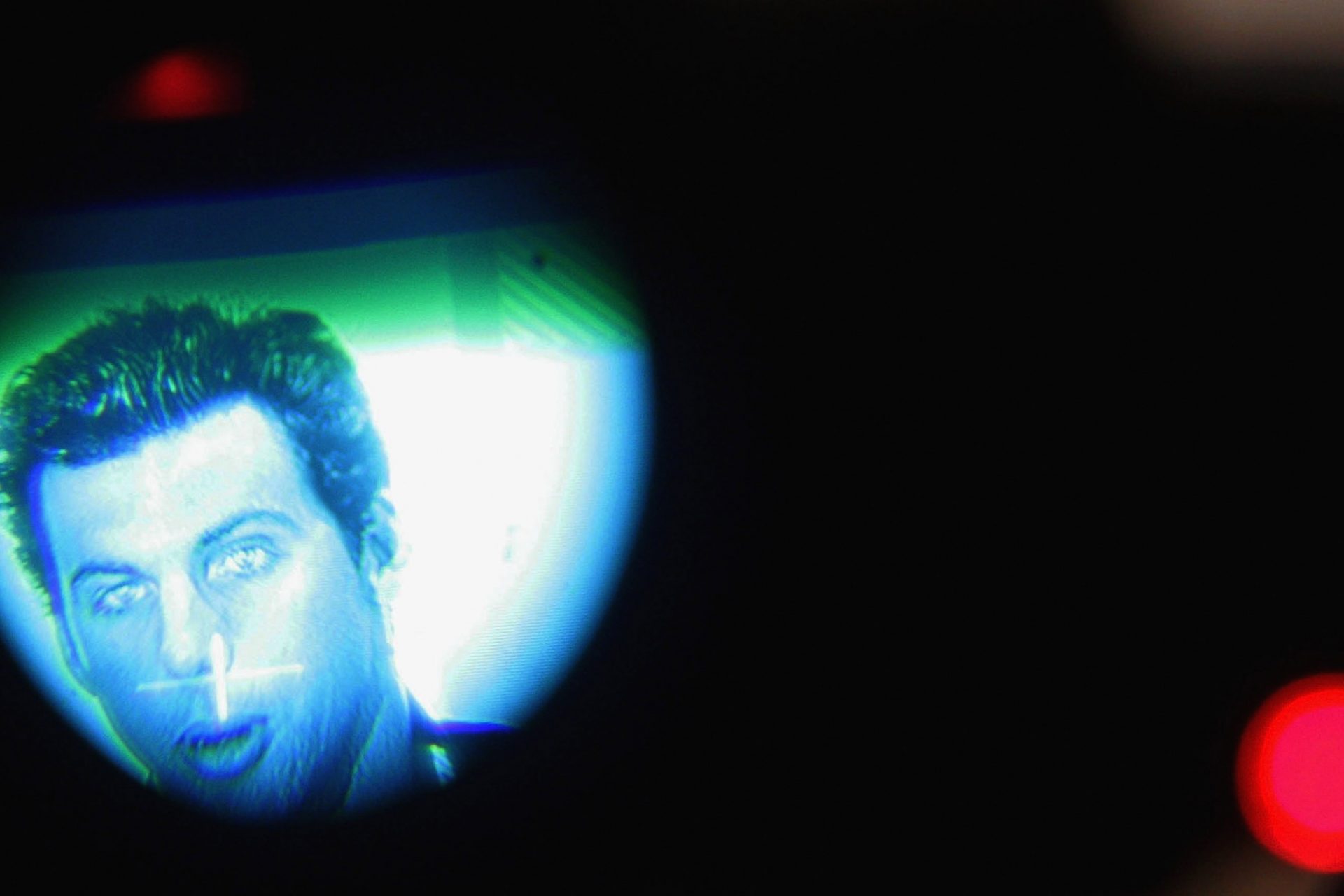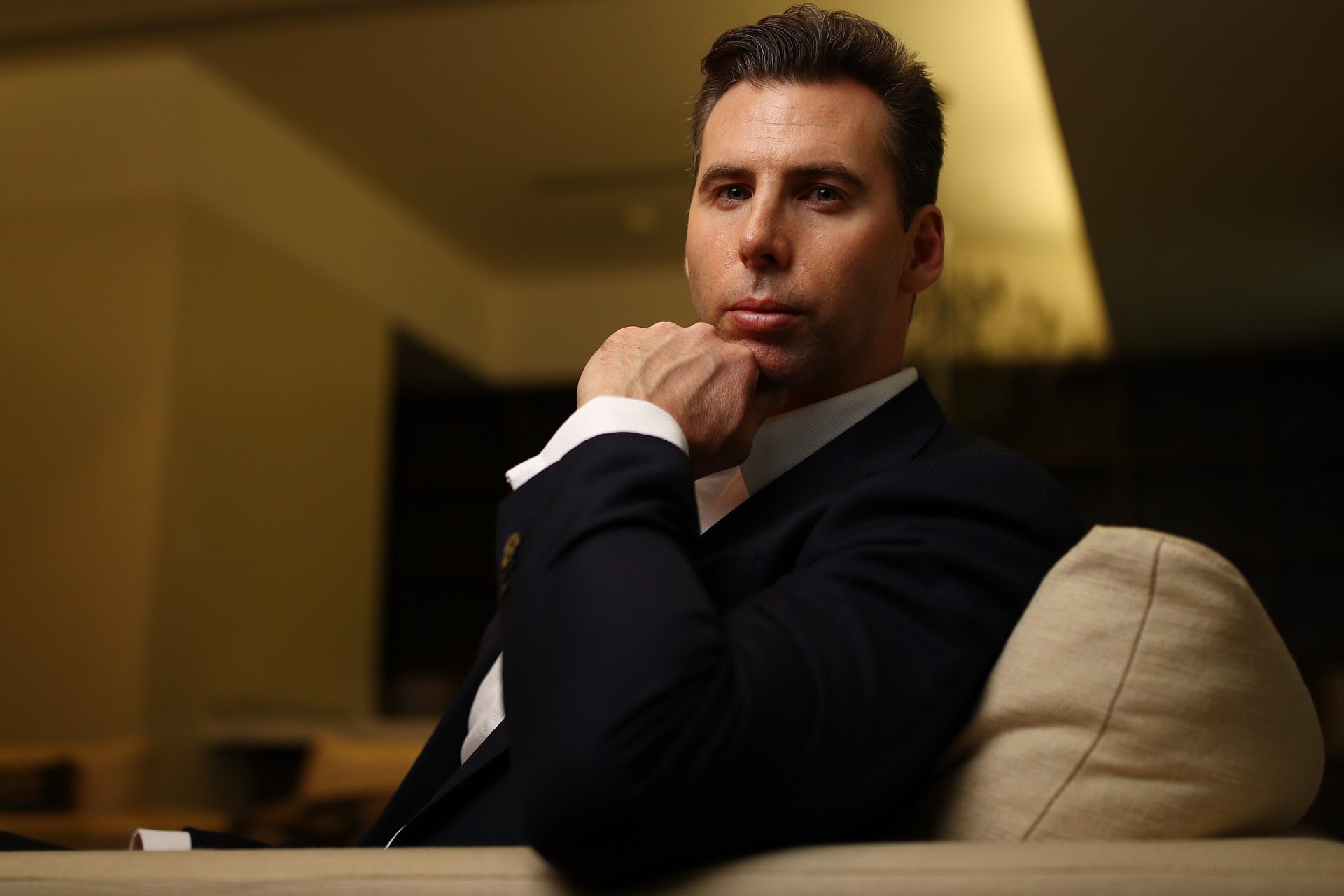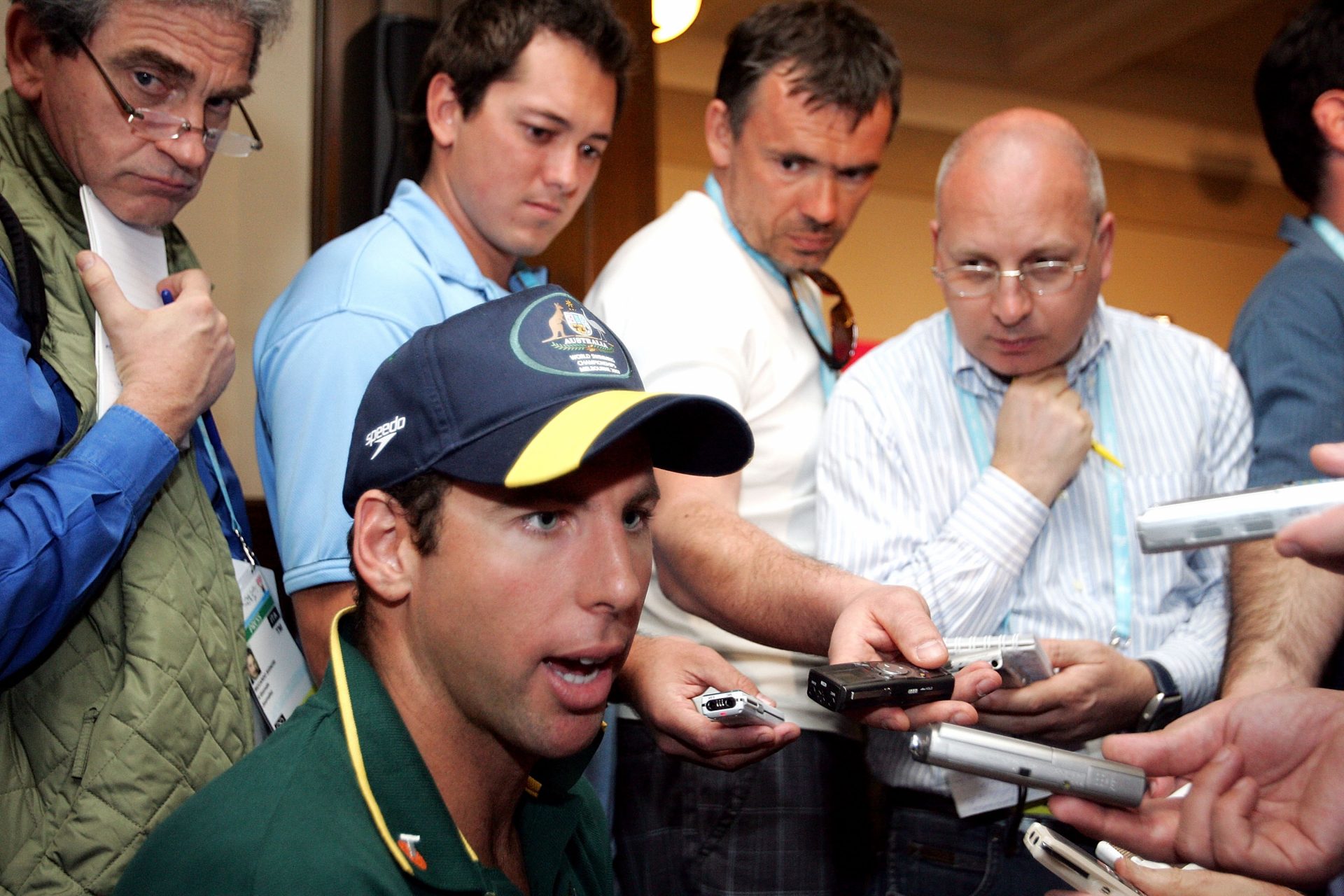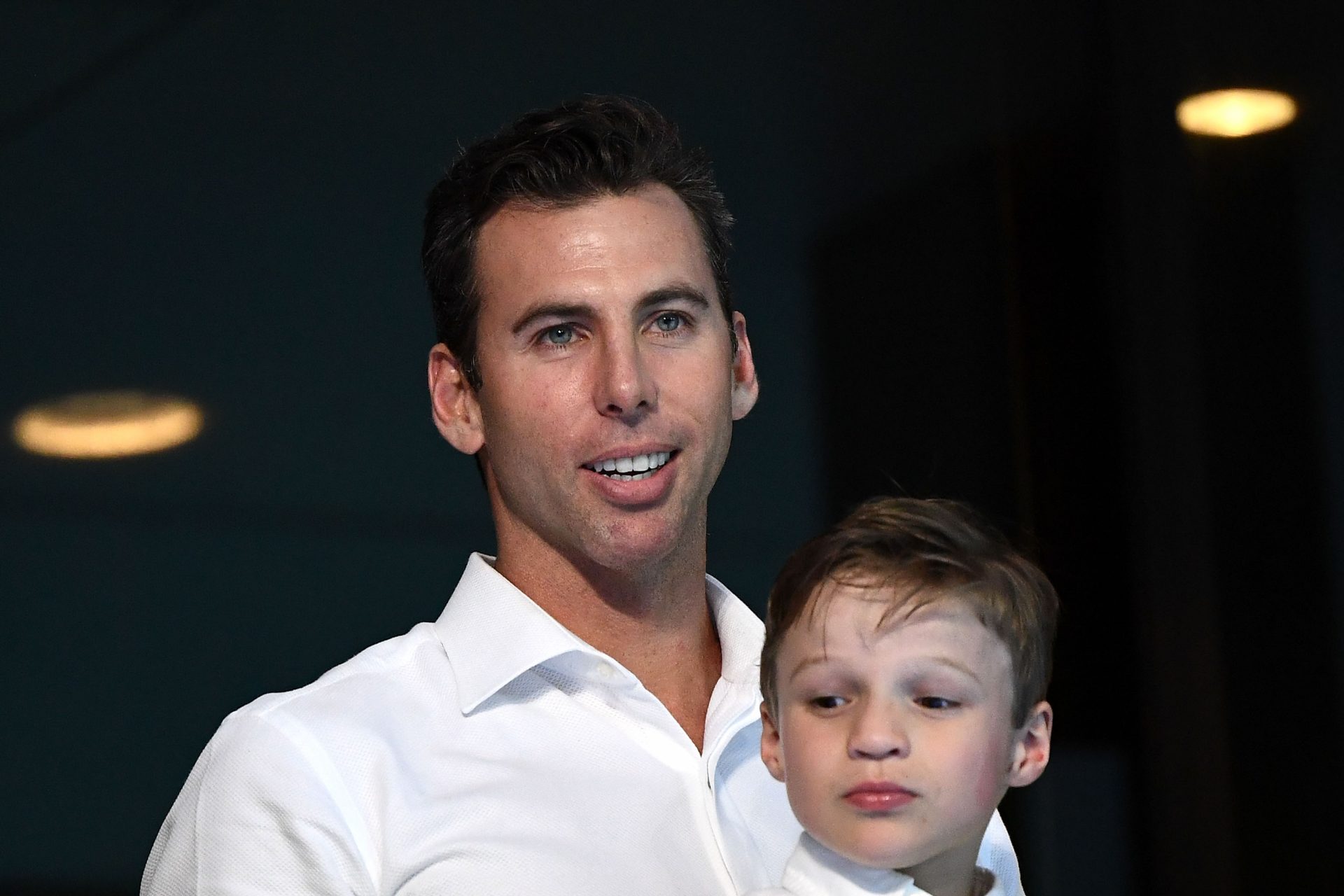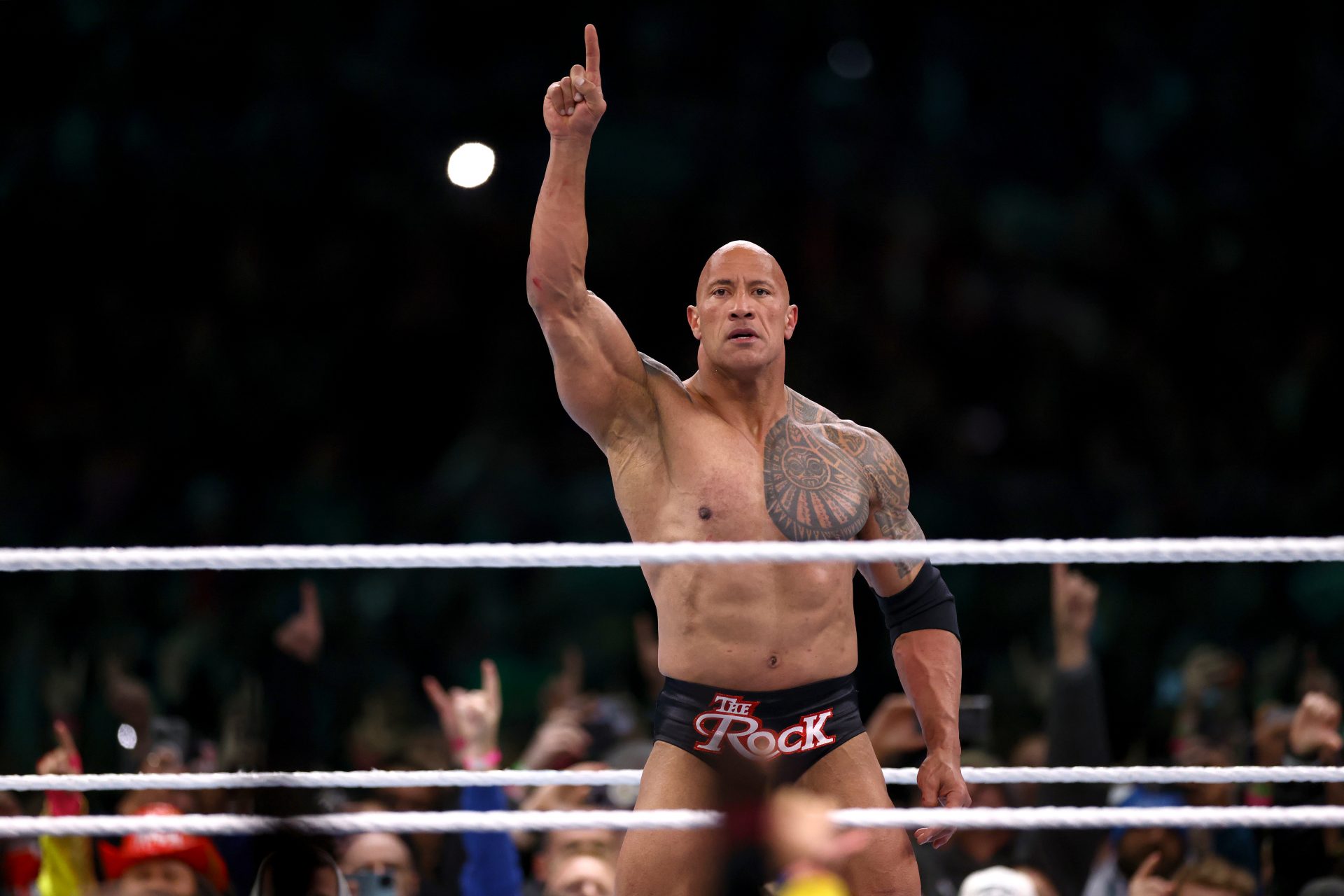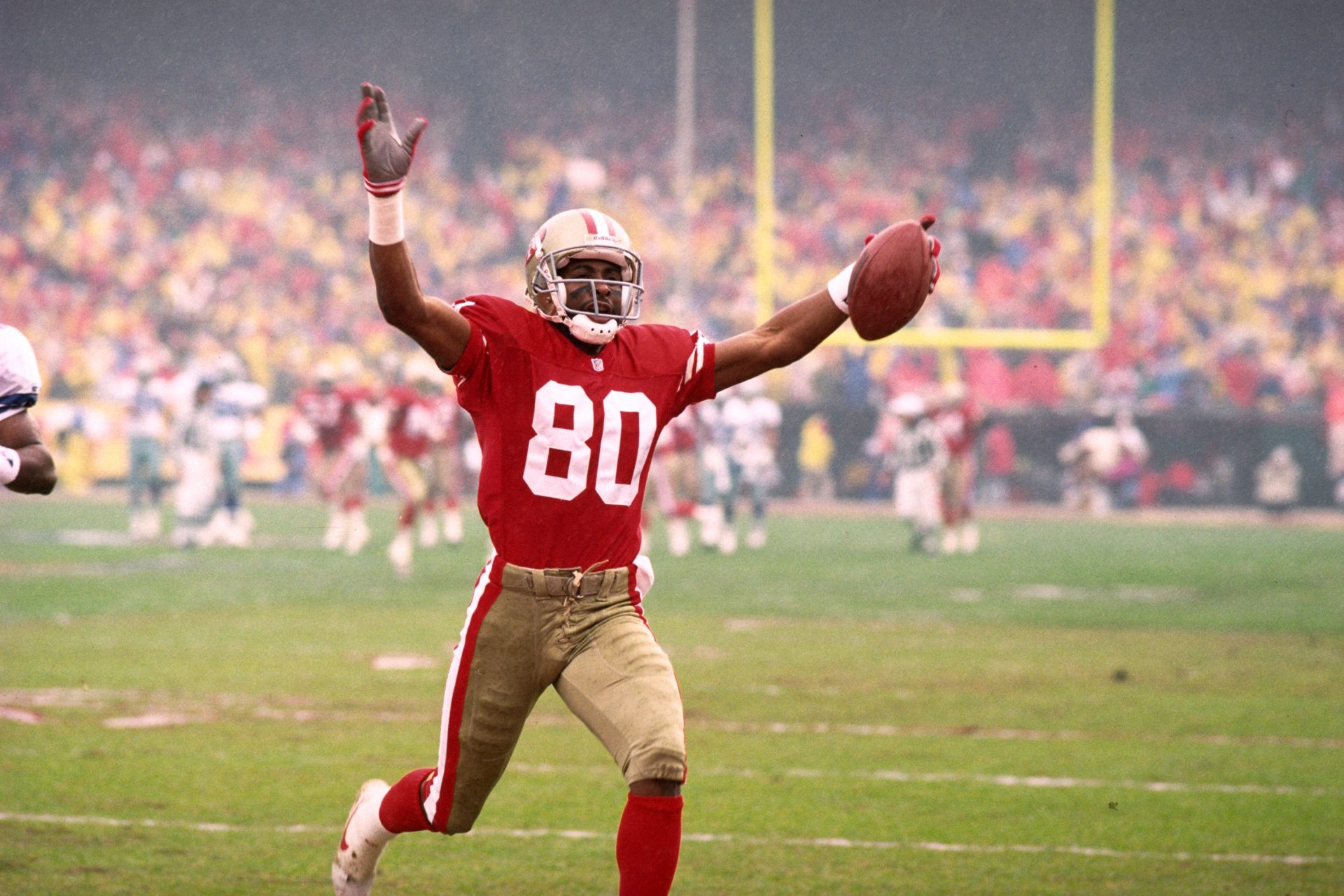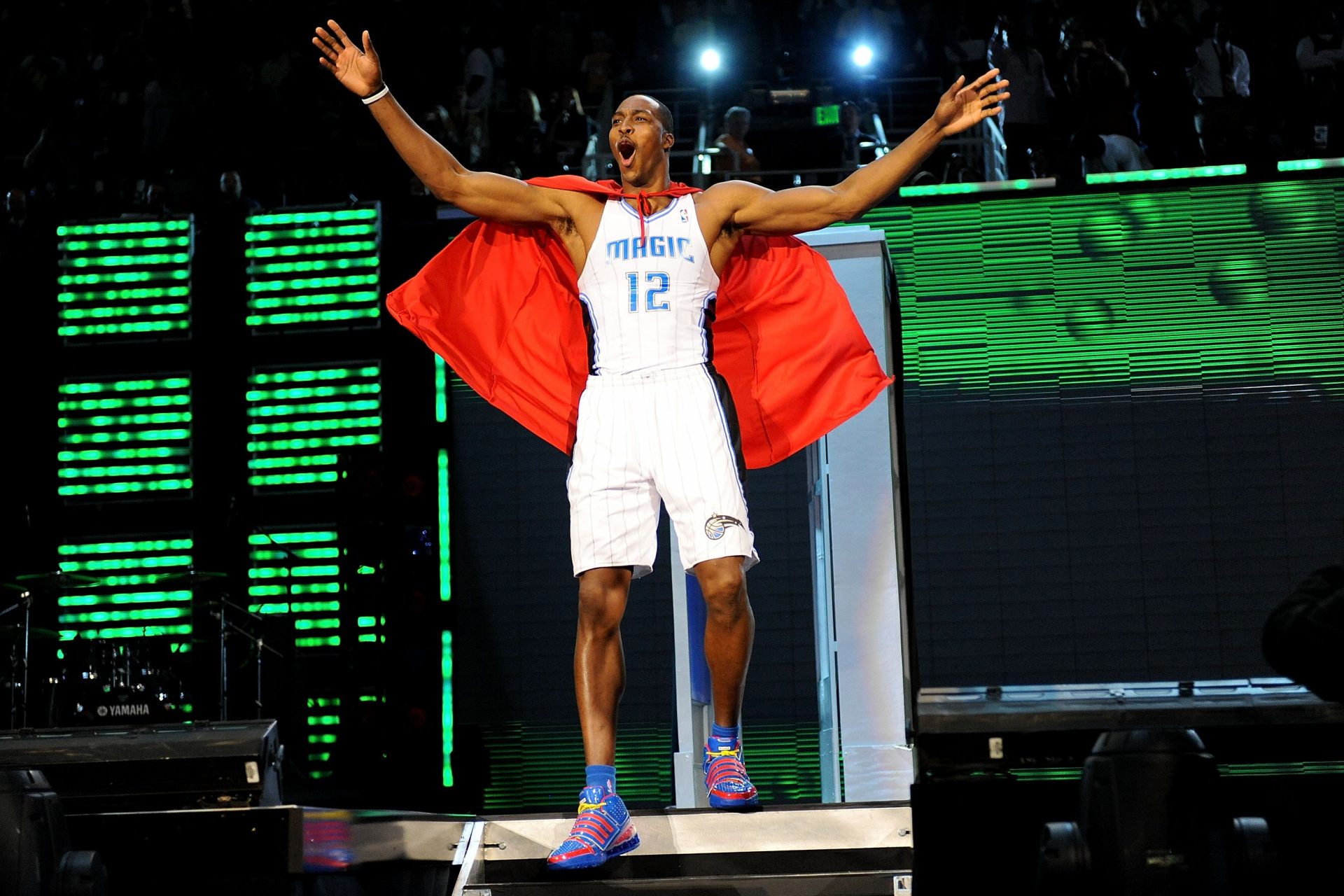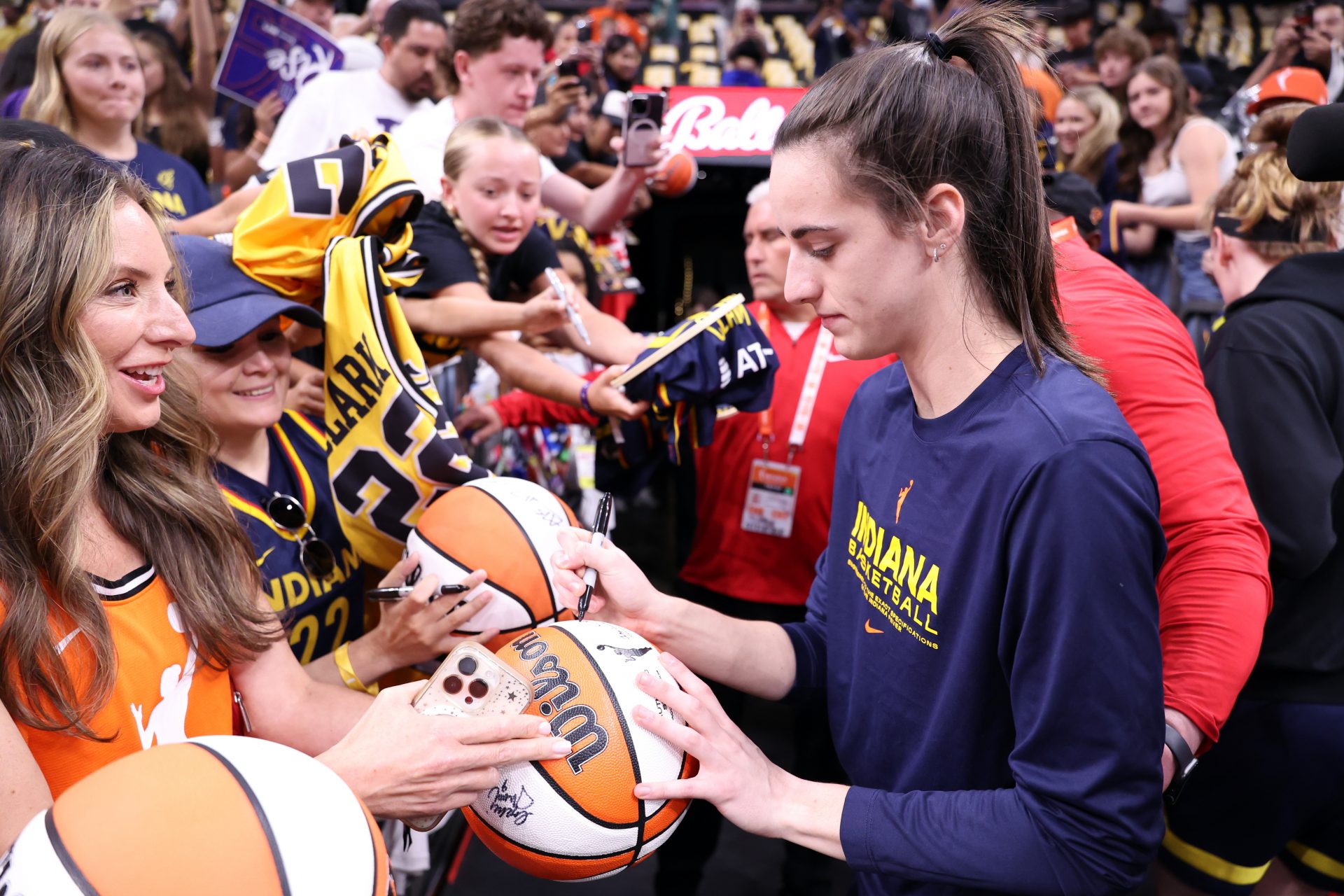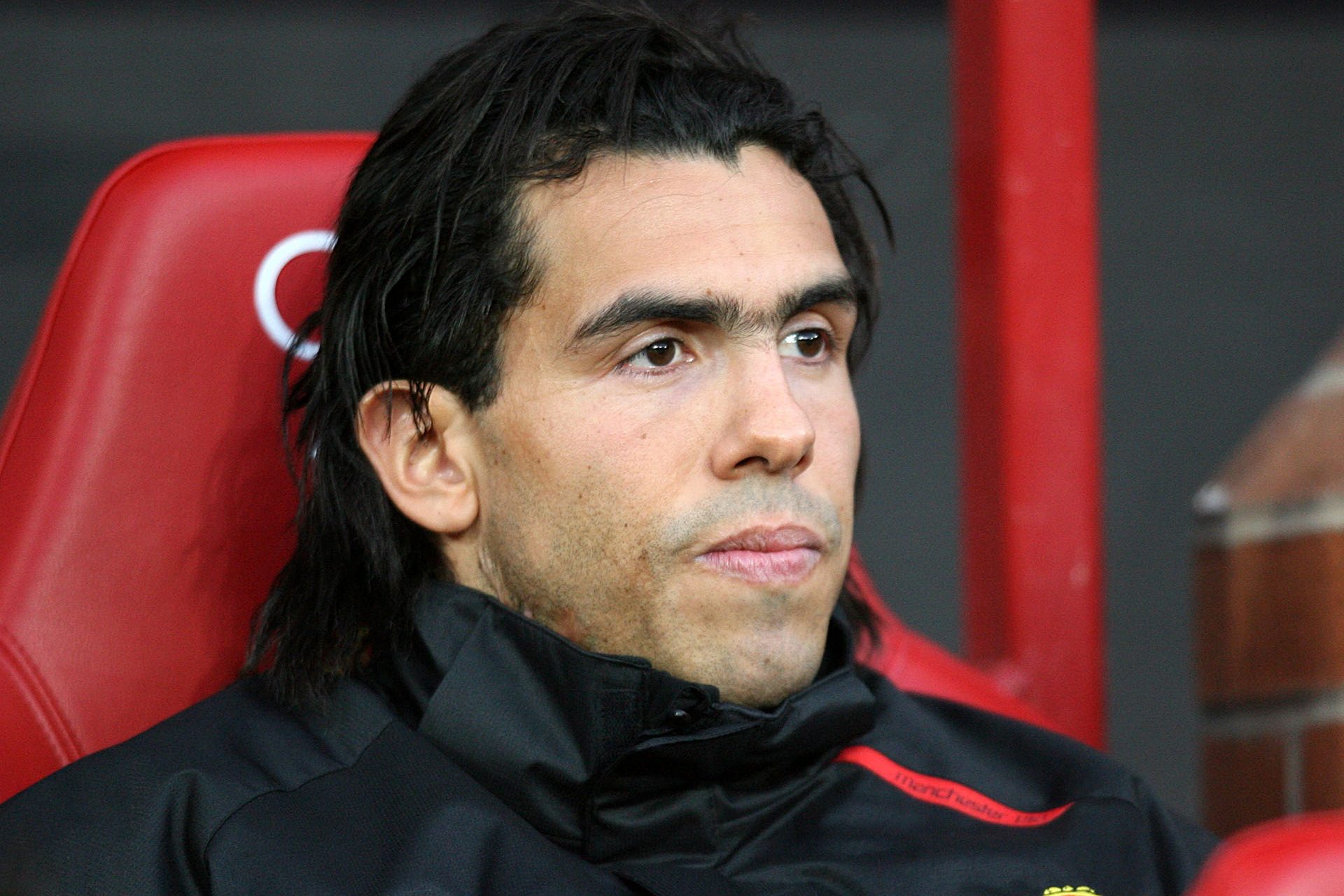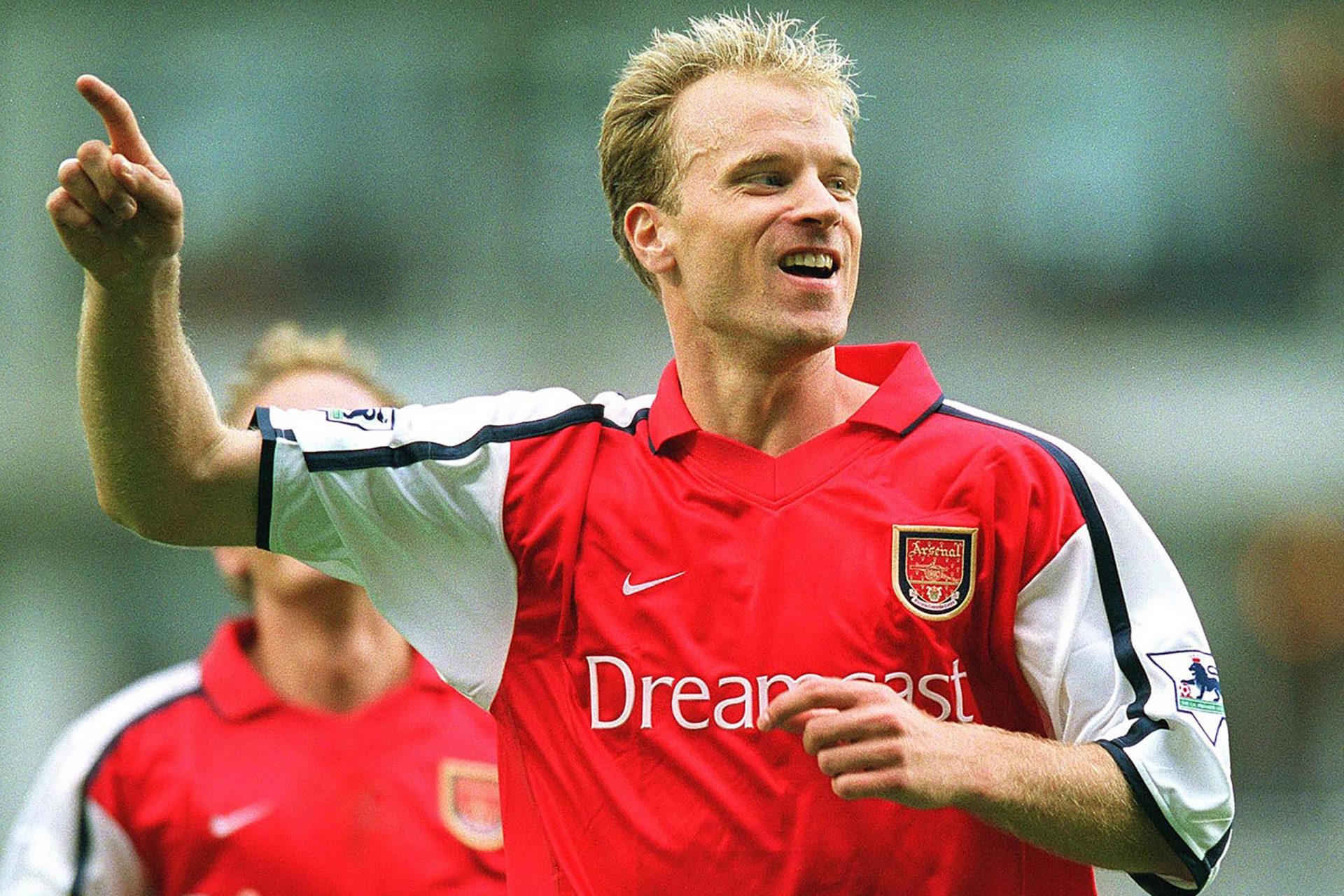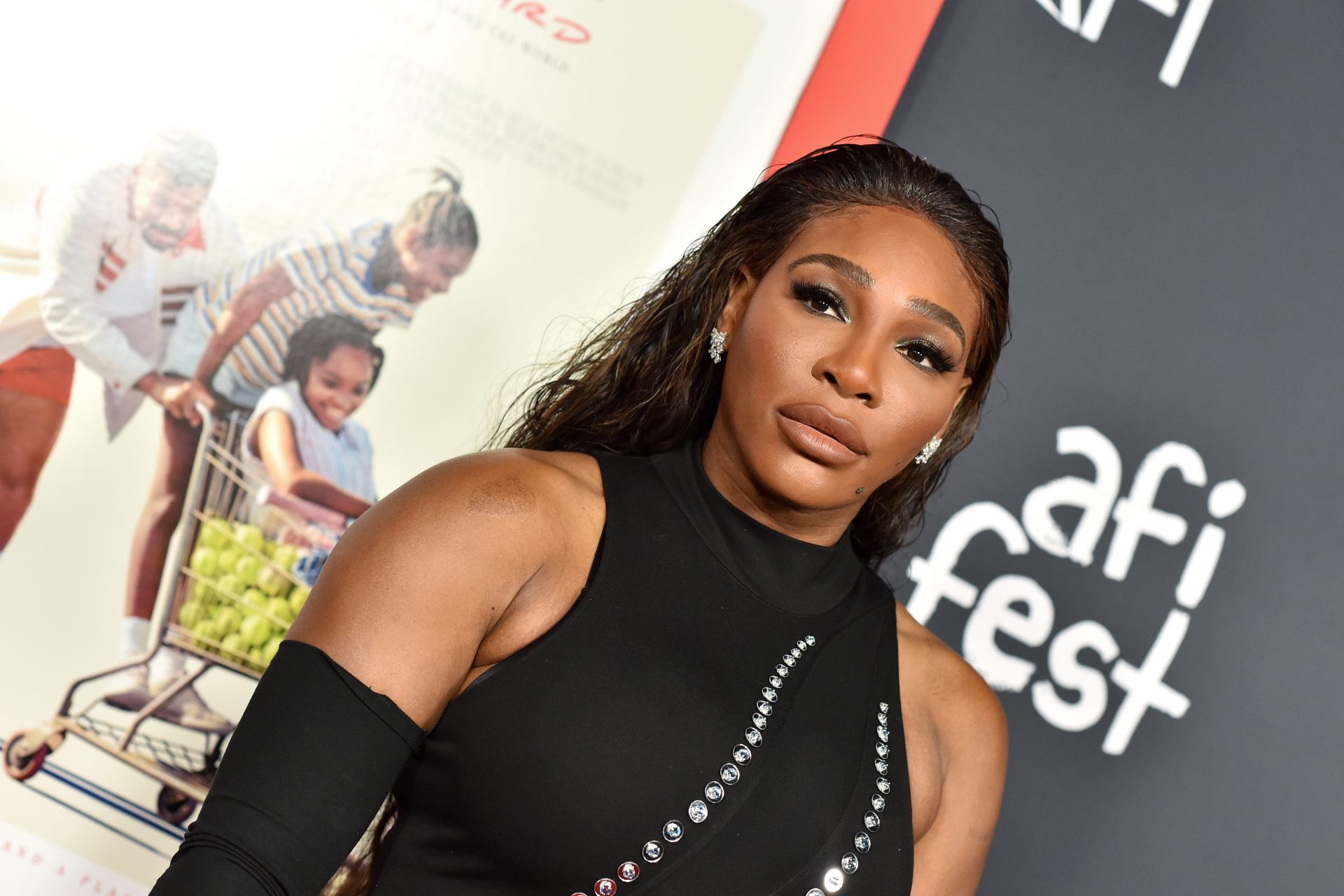Death threats, drug problems and disappearances – what happened to Grant Hackett?
Grant Hackett is a name synonymous with Olympic distance swimming. The Australian athlete won back-to-back gold medals in the 1500m freestyle at the 2000 and 20004 Olympics, and only narrowly missed out on a third one in 2008.
Due to his stellar career in the water, Hackett was a bonafide Aussie icon. And though his success came with great rewards, it ultimately took a heavy toll on his personal life. Let’s look back at Grant Hackett’s rise to fame, struggles and where he finds himself today.
Born on May 9, 1980, in the Gold Coast, Queensland, Australia, Hackett's introduction to the world of swimming began at a very young age. His father, Neville Hackett, was a keen swimmer which likely had a significant influence on the young Grant. At the age of eight, he got his first taste of competition when joined the Southport Surf Life Saving Club.
As a teenager, Hackett attended the prestigious Southport School, which had a strong swimming program. Here, he began to make a name for himself as a rising star in the sport. His dedication, work ethic, and natural talent helped him stand out among his peers, and it was clear that he was destined for great things in the world of swimming.
Hackett's ascent to the pinnacle of the swimming world began in the late 1990s. He dominated the long-distance freestyle events, setting numerous records and consistently outperforming his competition. His remarkable work ethic, combined with the guidance of coach Denis Cotterell, played a crucial role in shaping him into one of the world's most formidable swimmers.
Hackett became a household name – at least in his home country – during the 2000 Sydney Olympics. The young star captured the world's attention as he secured the gold in the 1,500-meter freestyle, and would claim another and one as part of the 4 x 200m freestyle relay team He would fall just short of gold in the 400m freestyle, having to settle for silver.
Over the coming years, Hackett would dominate in both the Olympic and Commonwealth Games, as well as the World Championships. Between 1998 and 2005, Hackett would remain undefeated in the 1500-meter freestyle, claiming gold medals in the 98, 2001, 2003, and 2005 World Championships, as well as the two Olympics.
He would see great success in other events, such as the 400 and 800m freestyle events – both of which he won gold medals for at a number of World Championship events, and silver at Olympic level.
In fact, he set numerous records during this time, including the 200, 400, 800 and 1500m, and his record time of 7:23.42 in the 800m freestyle, set in Montreal at the 2005 World Championships, still stands today.
But things took a turn for the worse for Hackett at the 2008 Beijing Olympics when he finished second in his signature 1500m freestyle, having to settle for the silver medal after Tunisian Oussama Mellouli took out the gold. Had he won, he would have been the first male swimmer to win three successive Olympic titles in the same event.
Hackett took the loss badly and started to suffer from anxiety and depression, ultimately falling out of love with the sport that had been the centre of his life for the past 20 years. “I hated the sport for a long time,” Hackett said, reflecting in 2015, as reported by the Daily Mail. 'I got scared getting into a bathtub.” He would ultimately step away from the sport, but things would only get worse from there.
It was around this time that Hackett had become unsettled by death threats that were sent to him. These threats – allegedly from gangland figures – rattled him so much that he ended up turning to the prescription sleeping pill Stilnox, or ambien, to help him sleep at night – his father told The Daily Telegraph in 2015.
Post-retirement, Hackett started becoming known for his erratic behavior, which included destroying the penthouse he shared with his then-wife Candice Alley in 2012 in a drunken rage. In 2014, he was photographed walking around Melbourne’s Crown Casino in his underwear in a confused state.
In 2015, it seemed like Hackett had regained his passion for competition and the now 34-year-old underwent an intense but short training regime to compete at the World Championships. Given his absence from the pool, it was a success – taking out a bronze medal with the 4 x 200m freestyle relay team.
Hackett’s demons were still lurking though, and would come to a head in 2016, when Hackett was involved in an altercation with a passenger on an early morning flight between Adelaide and Melbourne, allegedly giving the other passenger a ‘nipple cripple’ before attendants intervened. Hackett was so intoxicated he had no recollection of the incident himself, the Sydney Morning Herald reported.
Another incident in early 2017 further highlighted Hackett's personal issues, following an altercation with his brother at their parent's home, Hackett would be reported as missing to the police, with a public call issued to report any sightings of the embattled athlete. He would be found within a few hours and detained by police.
In the wake of these incidents, Grant Hackett embarked on a journey to redemption. He publicly acknowledged his issues and took steps to address them. He sought professional help and entered rehabilitation programs to confront his substance abuse problems.
In addition to addressing his personal issues, Hackett began advocating for mental health awareness in the sporting world, emphasizing the need for better support systems for athletes during and after their careers. He aimed to destigmatize mental health issues and encourage athletes to seek help when needed.
Thankfully, Grant Hackett has seemingly been able to come back from these troubled times and now looks to be enjoying the best years of his life as a family man. The champion swimmer re-married in 2020 and looks happier than ever with his wife Sharlene Fletcher and his four children – two of whom he shares with former wife Candice Alley.
More for you
Top Stories



